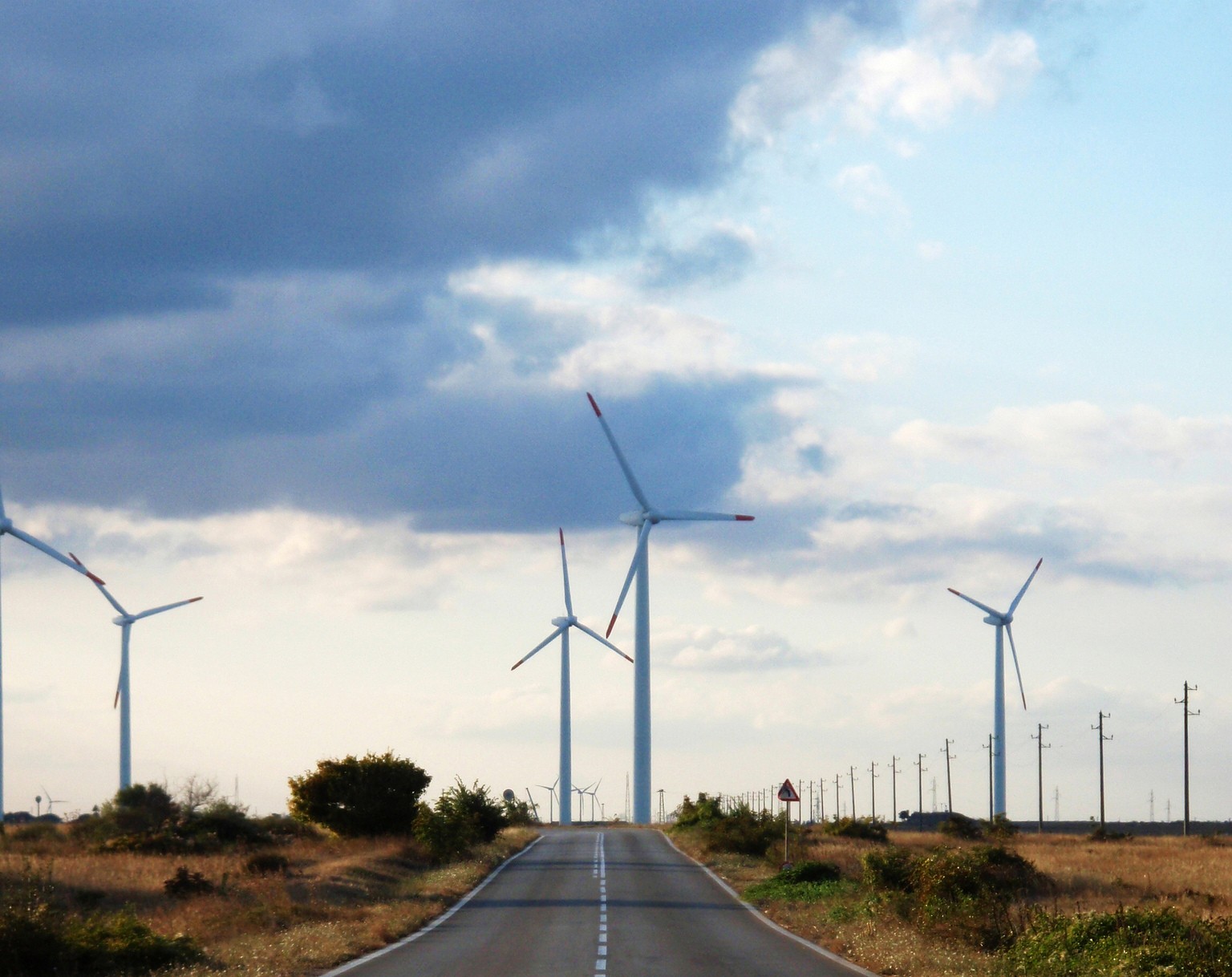Why we need business to boom after COP21
10/12/2015

Business has long been considered to have a problematic relationship with the environment. Since the industrial revolution, the side effect of growing business has been a growing impact on the environment around us. As the governments of the world inch towards a potential agreement in Paris this week for the much anticipated 21st Annual Conference of Parties (COP21), the governments and attendant lobby groups have been fighting for their part of the discussion. While the headline is the working out of a mutually agreeable greenhouse gas emissions deal that can limit global warming to below 2°C, the economic needs must also be considered carefully to ensure a stable future after COP21. The truth is, in order to get agreement, the deal has to be demonstrably good for economies and investors as well as the planet.
In the coming days we may well see the old hat debates played out: pro-business will have a fist fight with pro-environment. The ‘suits’ will face off with the ‘tree-huggers’. These arguments are old hat for a reason: they don’t solve anything and they don’t represent the reality of the modern world. If the debate is polarised in this way, we place a fundamental stumbling block in the way of the only viable solution. The solution has to be a way forward which solves the tension between how we use resources for economic activity and our need to protect the environment and our natural capital.
Past business models have seen economic growth related to the amount of resources we can extract and utilise. However, this growth was always going to be ultimately constrained by the diminishing amount of resources we could use. Our needs are already exceeding the resources available, so in order to continue as functional societies and economies we need to reduce our impact on the environment – and to also fuel economic growth somehow. The focus needs to be balanced as such. As the European Commission puts it in their Environmental Action Plan, we need to ‘live well within the limits of our planet’. The focus is on living as much as on limits.
A low carbon future is vital, but it is simply unachievable without mainstreaming a global green economy. This will require a whole new system, an economy purposefully restorative, supported by new technologies, new investments, and staffed by newly skilled professionals. This won’t be easy to achieve, but the pressure to do more for less with our resources is a once in a generation opportunity for innovation and business. This can’t happen overnight, but the journey can be expedited with regulatory and governmental leadership, and the transition and transformation could change the foundations of international business forever.
In the UK, the green economy is already estimated to be worth £3.4 trillion and growing at 4% per year. Here it is already delivering economic growth, new jobs, new exports, and scale-up opportunities for clean technologies. In 2012, data from the Office for National Statistics showed steady growth and an economic contribution of £26 billion to the UK. There is great interest and impetus for circular economy models which explore how materials can be kept within the system. And, there is much more to be done to turn ideas and intentions into working solutions.
No-one can be left behind. To make the green economy work worldwide after COP21 we need to take as much care with what divides us as what we share, and we need to be pragmatic about solutions and turnaround. What works for a highly developed technological leader will not necessarily work for a developing economy. More importantly, why should developing economies have their long-awaited growth stalled by the hangover from our years of excess? The green economy has the possibility for a fairer, cleaner, leaner and better model for global business. Instead of simply rehashing the same old stand-offs, this is what COP21 needs to catalyse.
Categories & Tags:
Leave a comment on this post:
You might also like…
Introducing… Bloomberg Trade Flows
Are you interested in world trade flows? Would it be useful to know which nations are your country's major trading partners? If so, the Bloomberg terminal has a rather nifty function where you can view ...
Cranfield alumni voyage to the International Space Station
Seeing our alumni reach the International Space Station (ISS) has a ripple effect that extends far beyond the space sector. For school students questioning whether science is “for them”, for undergraduates weighing their next ...
From classroom to cockpit: What’s next after Cranfield
The Air Transport Management MSc isn’t just about learning theory — it’s about preparing for a career in the aviation industry. Adit shares his dream job, insights from classmates, and advice for prospective students. ...
Setting up a shared group folder in a reference manager
Many of our students are now busy working on their group projects. One easy way to share references amongst a group is to set up group folders in a reference manager like Mendeley or Zotero. ...
Company codes – CUSIP, SEDOL, ISIN…. What do they mean and how can you use them in our Library resources?
As you use our many finance resources, you will probably notice unique company identifiers which may be codes or symbols. It is worth spending some time getting to know what these are and which resources ...
Supporting careers in defence through specialist education
As a materials engineer by background, I have always been drawn to fields where technical expertise directly shapes real‑world outcomes. Few sectors exemplify this better than defence. Engineering careers in defence sit at the ...






